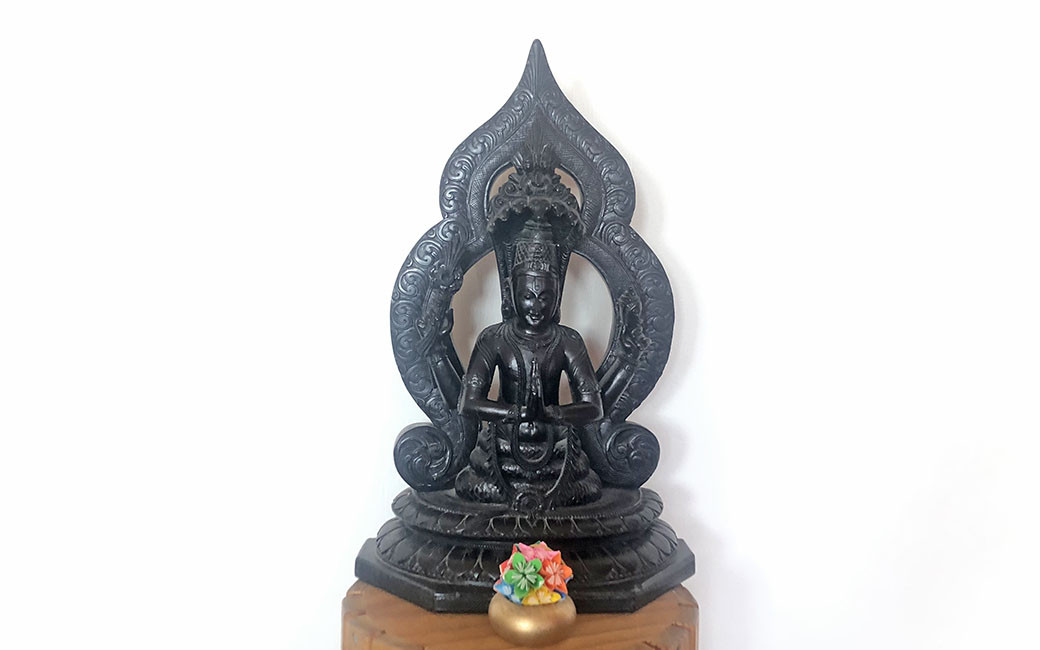Australia’s leading yoga equipment supplier
Up to 35% off products and all orders $750+ 5% off, $1500+ 10% off or $2500+ 12.5%. No ABN or application required.
Australia’s leading yoga equipment supplier
Up to 35% off products and all orders $750+ 5% off, $1500+ 10% off or $2500+ 12.5%. No ABN or application required.
Dear Yogis,
We have invited a long time student of Yoga Philosophy to write to you all to offer extra support for your health and well-being, and your yoga practice through this holiday season. Megan Harley has been studying Yoga Philosophy for 29 years and Ayurveda in the recent decade. This season she is offering a Complimentary 20-30 min Ayurvedic Health Coaching Gyms to friends of iYogaprops.
If you would like to explore health strategies to support you through the holidays with Megan, please email beingalive1991@gmail.com or book a session directly at https://calendly.com/beingalive/ayur-health-coaching-gym
Welcome Megan and Season’s Greetings to all the friends of iYogaprops!
from the iYogaprops Team.

Greetings Yogis, For millennia yoga philosophers have guided people through volatile, uncertain, complex and ambiguous times. Such times especially increase one’s sensitivity to the internal push and pull of what is known in yoga as ’the pairs of opposites’. These opposites appear naturally in everyone’s daily life: relief and anticipation, praise and blame, gain and loss, joy and sorrow, connectedness and loneliness…and so on. So how in December 2020 with expended energy reserves, the calling of work and relationships and little time does a person find physical, mental and spiritual equanimity amid the holiday season?…
According to Patanjali’s 8 limbed paths of yoga (1), the first two limbs are ethical guidelines known as the Yamas (restraints) and Niyamas (observances). These disciplines are proven doorways to a life of infinite good health, ease, and freedom since by their repeated application, they relieve a person of the pull of the pairs of opposites and liberate her gradually into greater and greater personal equipoise and awareness. (2)
Invitation to practice Ahimsa, non-violence, personally
The first Yama is Ahimsa, non-violence. During this holiday season, I invite you to practice non-violence in 2 ways-
is one of Ayurveda’s most effective applications of non-violence. Early to Bed restrains the violence of
Here are some of the benefits of Early to Bed
WHO on the problems of Sleep Loss In 2004 the World Health Organisation held a conference in Bonn, Germany entitled ‘WHO Technical Meeting on Sleep and Health’ where it was concluded that ‘sleep loss was at pandemic level’. Conference convenors concluded that sleep loss caused a spectrum of impairments to multiple aspects of health: Behavioural-sleepiness, mood changes, irritability, nervousness, depression and violence; Cognitive-impairment functioning to newly learned skills, short-term memory, complex task and slow reaction time; Biochemical-increased insulin resistance, increased thyroid activity, and obesity; immune impairment and susceptibility to a viral illness. Since then sleep loss has increased, globally.
Until you are established in a proper sleep routine see below this article for Tips to Support Early to Bed.
It is no exaggeration to say that 2020 has brought into relief the incredible power of yoga to support us through trying times. Additionally, the holiday season brings with it all kinds of ‘road bumps’ that can siphon off our hard-earned advances in yoga practice.
In book 2 of Pantanjali’s Yoga Sutras, the sage implores the yogi ‘Sthira-sukhamasanam’ which can be translated as ‘Asana is a steady, comfortable posture.’
I invite you to ease back in your asana practice. The close of this year has left people, even the most healthy with low energy reserves. Recently my asana teacher invited the class to increase our use of props in class and our home practice. She quickly answered what was in the minds of many in the class. ‘You may believe you don’t need props, however from experience we know that when people use props in their practice they’re much more likely to be able to sustain a home practice through holidays, injury, or illness.’ So today I extend this invitation to you. Take time in forward virasana between your more vigorous poses. Use the wall, blocks, or backs of chairs at home for standing poses, Allow your body and mind to rest with ease and stability in your asana practice. If you need some guidance with how to use props in asana practice, do explore the iYogaprops website to discover ways you can support your body rather than exert it during this busy time of year. Your body and mind will thank you for conferring steady levels of relaxation, ease, and contentment. And at the end of such a year, who doesn’t want that.
May your journey through the holiday season of 2020 be restful and restorative, easeful and stable, come what may!
Kind regards, Megan
Begin by choosing one night to go to bed early before 10 pm Lead up to your early night by getting into bed 5-15 mins earlier until your light is out before 10 pm Inform your family ahead of time of your intention to get an early night. Ask for support e.g. choose another night to watch a movie or eat a late dinner Tidy your bedroom the day before; remove papers, electronics, and anything else that will draw you into wakefulness Take a warm shower or bath before bed Kindly get yourself into bed and lay down to quieten. Practice breathing in deeply and breathing out long until you fall asleep When you awaken the next morning, before getting out of bed, or checking your phone, note how you feel.
Sri Swami Satchidananda, 2017, The Yoga Sutras of Patanjali, Integral Yoga Publications, Buckingham, Virginia, USA Deborah Adele, 2009, The Yamas and Niyamas, Exploring Yoga’s Ethical Practice, On-word Bound Books, Duluth, Minnesota, USA Cate Stillman, 2015, Body Thrive, Uplevel Your Body and Your Life with 10 Habits from Ayurveda and Yoga, Yogahealer Press, Tetonia, Idaho, USA, Part 2, p 60